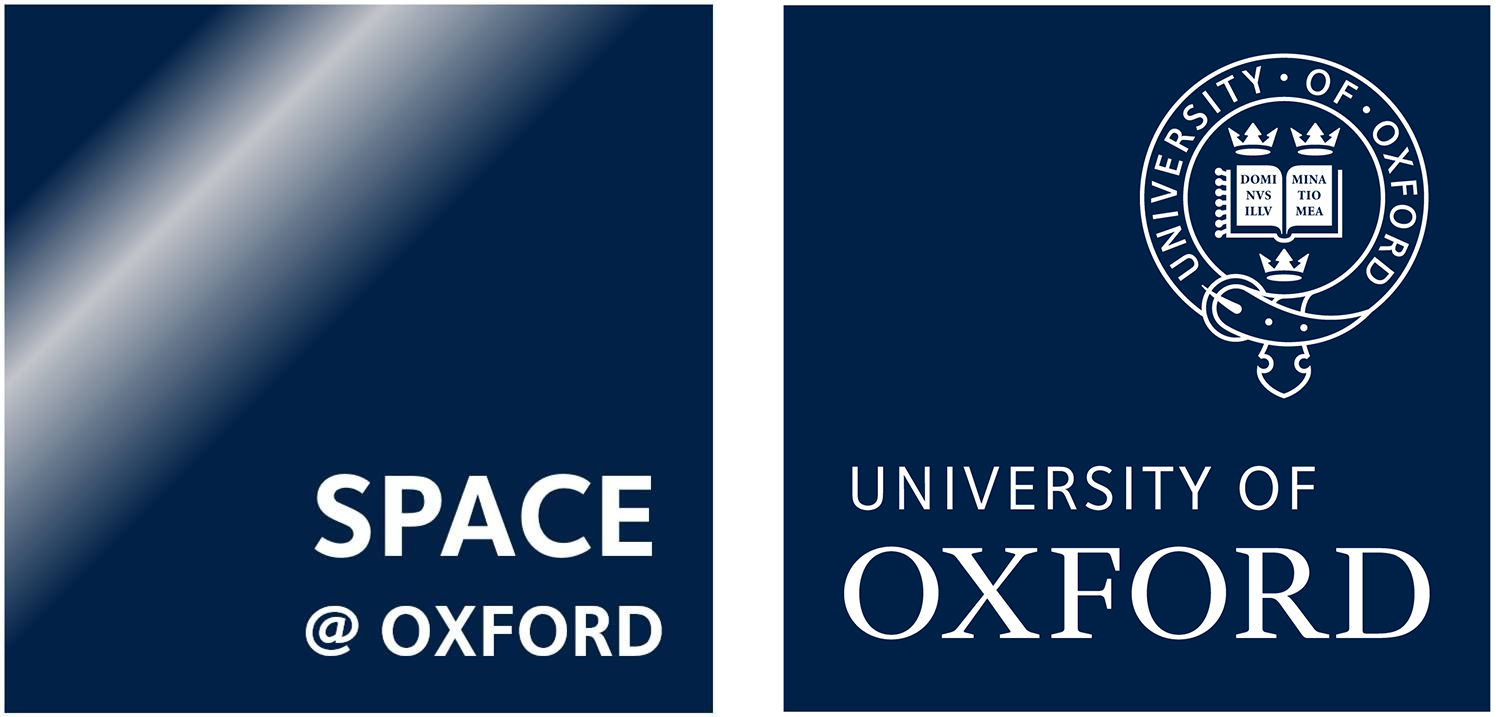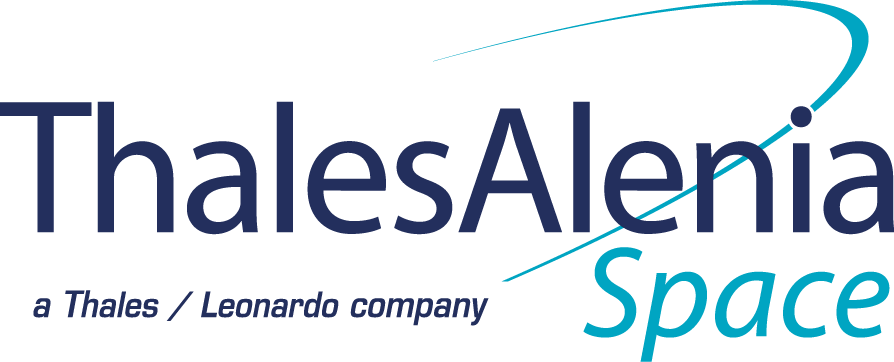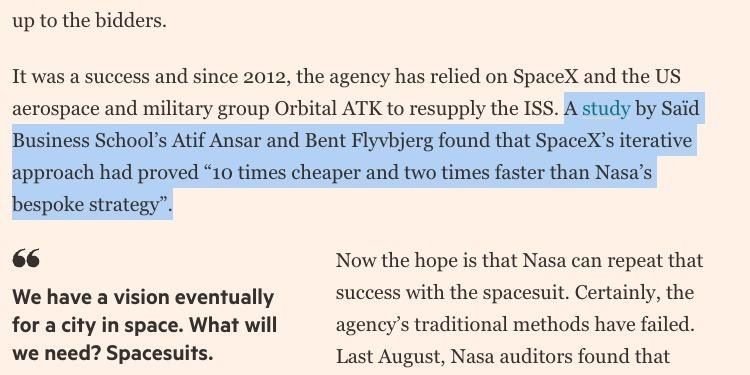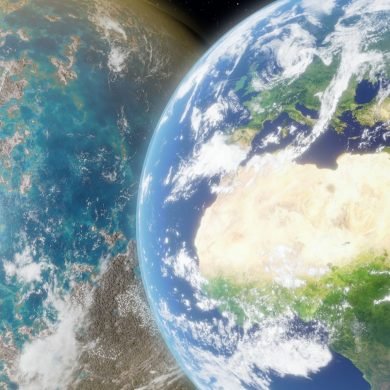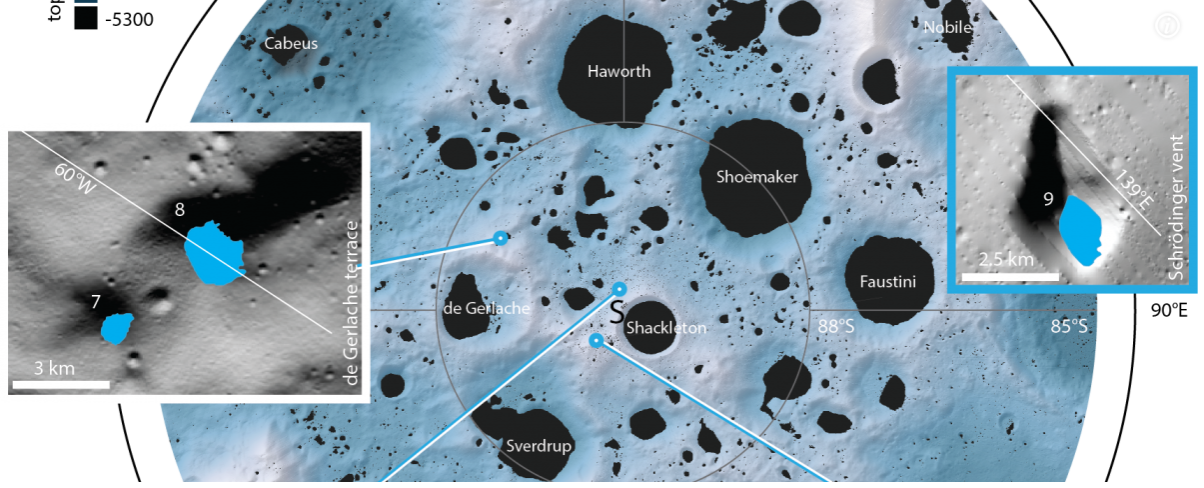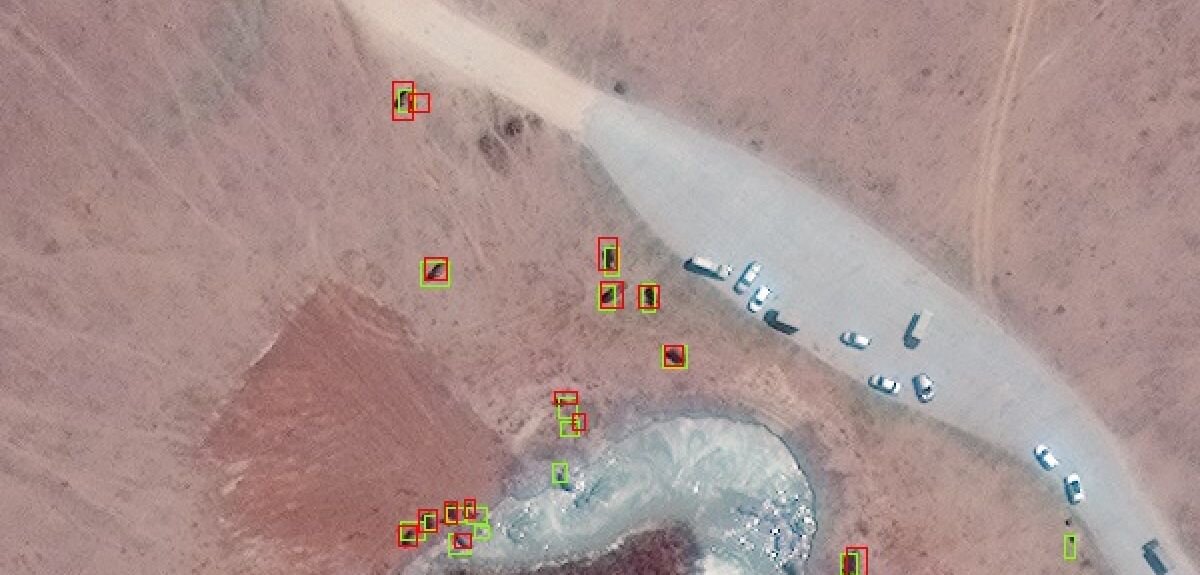Space @ Oxford Summer Conference 2022
Registration closed
Space @ Oxford is holding its inaugural annual summer conference on 22nd September 2022, which will be hosted by St Catherine’s College in Oxford. This one-day in-person event is aimed at networking and bridging Oxford academic researchers and staff with industry, public bodies and other academic institutions and exploring potential opportunities to work together on new ambitious space-domain projects!
Please see below for a list of conference exhibitors and the full event programme of workshops, panel discussions and talks, with a banquet-style Oxford College dinner in the evening.
For more information, please contact Connor D’Arcy (Space @ Oxford Coordinator): connor.darcy@mpls.ox.ac.uk
If you are an Oxford academic researcher or staff member, please contact the above email for the free-entry discount code.
A special thanks to our partner organisations and our conference sponsors:
The Oxford Robotics Institute will be providing demonstrations of their ANYmal C robot throughout the day in Room A (ground floor).
Conference Event Programme
0900 – 1000
Registration, coffee & networking (exhibition area—Foyer, Middle Common Room, Room A & garden access)
1000 – 1015
Conference open (Bernard Sunley Lecture Theatre)
with Prof Neil Bowles (Professor of Planetary Science & Chair of Space @ Oxford) & Dr Simon Jackman (Senior Innovation Fellow)
1015 – 1045
Talk: ‘The James Webb Space Telescope’ (Bernard Sunley Lecture Theatre)
with Dr Gareth Jones (Researcher in Astrophysics)
About: Since its first images were released in July, the James Webb Space Telescope (JWST) has already enabled new ways to study galaxies throughout the history of the Universe. Here, I will discuss this early science, some future studies, and the key roles that researchers at Oxford are playing.
1045 - 1120
Panel discussion: ‘Beyond Earth: New Worlds, New Markets’ (Bernard Sunley Lecture Theatre)
Convened by Mike Curtis-Rouse (Head of Access to Space, Satellite Applications Catapult)
Panel discussion guests:
Charlie Clark, Propulsion Research & Development Engineer, Magdrive
Portia Bowman, Senior Business Development Associate, D-Orbit
William Birch, Business Development Lead for Access to Space (upstream), Satellite Applications Catapult
Laura Gonzalez Llamazares, Space Manufacturing Lead, Satellite Applications Catapult
About: In the last decade the final frontier, is finally becoming the commercial frontier, a new market space for products and services for use in space and on Earth. The opportunities afforded by the falling cost of launch, of emerging space stations, laboratories, and testing facilities and literally a wealth of new investors who are driving the creation of a brand-new place for business: space. During the panel session, we will explore the prospects that are rapidly materialising, the commodities that may be realised and the needs of this sector, financial, scientific and technical to make this new frontier a firm reality, today.
1120 – 1130
Short break & networking (exhibition area—Foyer, Middle Common Room, Room A & garden access)
1130 – 1300
Morning conference streams:
Talk: ‘Correlating Satcoms and Radio Astronomy’ (Bernard Sunley Lecture Theatre)
with Prof Michael Jones (Professor of Experimental Cosmology) & Ian Jones (Founder & CEO at Goonhilly Earth Station)
About: Correlation is a technique that’s used extensively in radio astronomy, satellite communications and artificial intelligence. It has seemingly magical powers to extract information form extremely noisy environments. This talk shows how Oxford and Goonhilly have been collaborating on a range of projects which bring different aspects of correlation together.
Talk: ‘Space Experiments at Oxford Physics: To the Moon and beyond’ (Bernard Sunley Lecture Theatre)
with Prof Neil Bowles (Professor of Planetary Science & Chair of Space @ Oxford)
About: The Department of Physics have been involved in sending experiments to other planets in our Solar System since the mid-1970s. In this talk, I will give an overview of our current programme, where we have instruments and components operating now and how our future missions are helping to shape the exploration of the Moon and onto asteroids and comets.
Workshop: ‘AI Onboard’ (Room D)
facilitated by Dr Simon Jackman (Senior Innovation Fellow) and sponsored by Thales Alenia Space
About: Discussing rapid extraction of information from data on board satellites.
1300 – 1415
Lunch & networking (exhibition area—Foyer, Middle Common Room, Room A & garden access)
Please note: free lunch will be available from 1300.
Parallel to lunch & networking in the exhibition area, there will also be the following activity starting at 1320:
Early career researcher poster competition assessment (for more information, please see below).
The panel of judges:
Dr Anton Monk, Vice President & Chief Technical Officer of Wireless Initiatives, Viasat Inc.
Dr Eddie Ross, Knowledge Exchange Manager, Satellite Applications Catapult
Dr Gabriele De Canio, Transformation Officer, European Space Agency (European Space Operations Centre)
1415 – 1545
Mid-afternoon conference streams:
Workshop: ‘Earth Observation for the new Leverhulme Centre for Nature Recovery’ (Bernard Sunley Lecture Theatre)
facilitated by Prof Yadvinder Malhi (Professor of Ecosystem Science & Leverhulme Centre Director)
About: an opportunity to discuss how state-of-the-art remote sensing at both fine resolution and large spatial scales can be coupled to big data and deep machine learning techniques to contribute to the challenge of halting and reversing biodiversity loss (see more).
Workshop: ‘Why Connecting the Unconnected Matters’ (Room D)
facilitated by Dr Simon Jackman (Senior Innovation Fellow) and sponsored by Viasat Inc.
About: exploring a range of use cases for satellite communications from construction sites to wildlife monitoring.
1545 – 1600
Break & networking (exhibition area—Foyer, Middle Common Room, Room A & garden access)
1600 – 1730
Late-afternoon conference streams:
Panel discussion: ‘Smart space: an Agenda for Space Commerce and Governance’ (Bernard Sunley Lecture Theatre)
Convened by Prof Marc Ventresca (Oxford Space Commerce and Governance Initiative & Associate Professor of Strategic Management at Said Business School).
Panel discussion guests:
Laura Anne Edwards, Innovation catalyst, Space strategist and NASA Datanaut
Jacopo Manotti, PhD Candidate at Politecnico di Milano and convener of the Space Economy Observatory
Michele Scataglini, Associate Fellow, Said Business School, University of Oxford.
About: The session will start with a primer on the ongoing and future research agenda of the Oxford Space Initiative and continue with a panel discussion on collaboratories bridging research, policy and practice in the space sector, and then conclude with time for Q&A and interaction.
Workshop: ‘Machine Learning for near-real-time Twinning of Earth Systems’ (Room D)
facilitated by James Parr (CEO, Trillium Technologies & Director, FDL Europe)
About: Space @ Oxford partner, FDL Europe, is hosting a series of workshops in preparation for their Earth System Predictive Forum taking place in March 2023. This will be the ‘kick-off’ workshop where we will start to convene a community of practitioners from interdisciplinary domains to scope out in detail the practical challenges of developing AI (Artificial Intelligence) and EO (Earth Observation) enabled Earth System Predictive systems—sometimes referred to as a Digital Twin of Earth. The Forum will produce 9 academic papers exploring in detail both the opportunities and the practical steps required to realise and maintain a functioning system useful for climate resilience, mitigation and adaptation over the coming decades.
1930 – 2000
Drinks reception & networking (Junior Common Room Lounge)
2000 until late
Banquet-style dinner (Dining Hall)
with a keynote speech from Stuart Martin (CEO, Satellite Applications Catapult)
A very special thank you to our dinner sponsors, Viasat Inc.
Conference Exhibitors
Our exhibitors can be found in the Foyer, Middle Common Room and Room A (on the ground floor):
There will also be a lounge area, Room C, on the first floor.
Early Career Researcher Poster Competition
We are pleased to announce that Space @ Oxford will run a poster competition for Oxford-based early career research (junior PDRAs and DPhil students). This will be a great opportunity to showcase space research to conference delegates attending from around the University and from industry.
Academic posters will be assessed by three senior industry judges on research merit and ambition. There will be a cash prize for 1st, 2nd and 3rd place (£100, £75 and £50, respectively). Posters can be from any research subject area, but must be space-related or have a clear space application to be eligible.
If you are interested in entering, or have a student who would be suitable, please contact Connor D’Arcy (Space @ Oxford Coordinator) for more details: connor.darcy@mpls.ox.ac.uk
Accommodation & Parking Information
For anyone wanting to stay overnight, we have reserved 50 en-suite single B&B rooms (£86 + VAT per person), available on a first come first served basis using the code: SPACE22. Room information and booking can be found here.
Please note: there is limited parking at the College for blue badge holders only. Exhibitors will be able to drop off exhibition equipment but will need to park elsewhere. However, there are Park and Rides available around Oxford at much more reasonable rates than city centre parking. You can also park overnight for £8, up to a maximum of 72 hours for £12. Bus route and ticket information can be found on the Oxford Bus Company website.
College contact details and directions can be found on the St Catherine’s College website.
Registration closed
What does Oxford do in space?
Space @ Oxford is an interdisciplinary research network to encourage and help facilitate space-domain research and its translation across the University of Oxford; and market the University’s capabilities to the external world, leading to collaborations and funding opportunities. We now have 80 Oxford academic members from all University divisions and 14 departments. And we’re growing!
For more information and membership enquiries, please contact: connor.darcy@mpls.ox.ac.uk.
